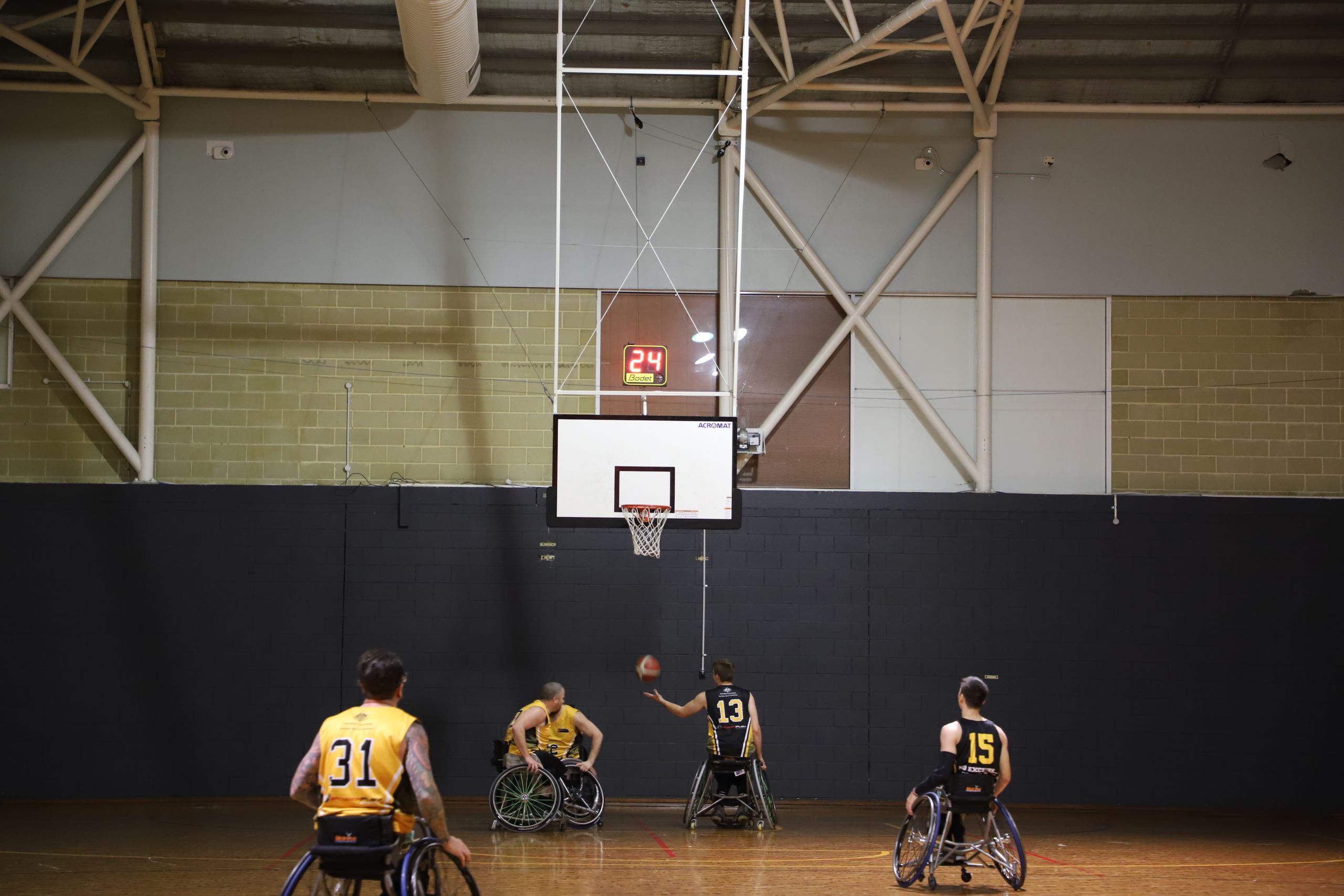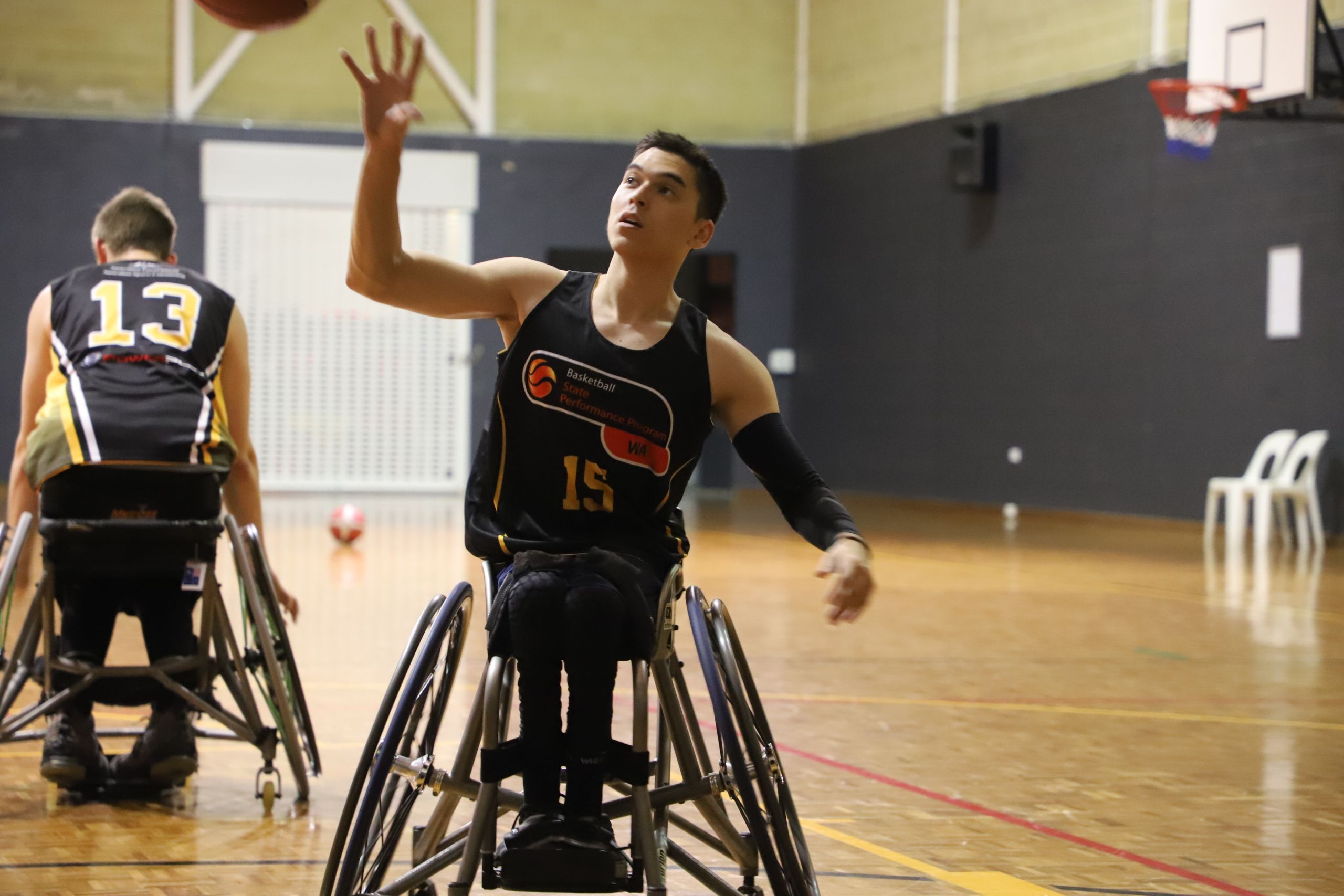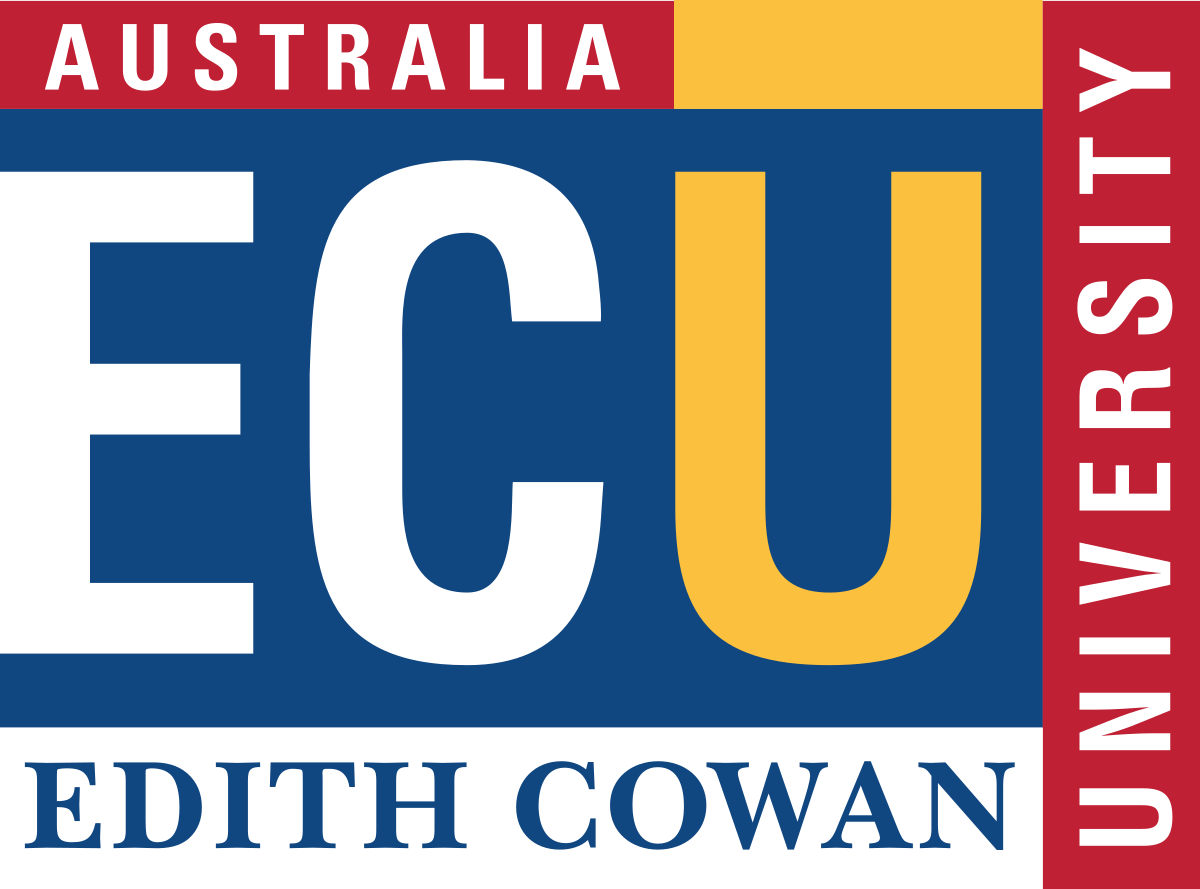Straight Shooting
by Madeleine Lombardi


If he’s not behind the DJ decks, enamoured listening to music, or immersed in his love of broadcasting and media, you’ll be able to find him on the basketball court.
At the age of 22, Andrew Dewberry or ‘Dewbs’, has accomplished many amazing feats, including one of his more notable achievements, almost qualifying for the Paralympic games.
Andrew has spina bifida; a neural tube defect caused at birth when the spine and spinal cord don’t form properly.
Within Australia, 150 babies are born with spina bifida each year.
However, this hasn’t stopped Andrew from excelling in his talents.
Having a heavily sports orientated family with two older brothers, Andrew was first introduced to basketball around the age of nine.
Andrew’s involvement in basketball has had a huge impact on his life.
“It definitely was one of the first passions I had, it was a good opportunity to develop a sense of purpose and has really helped with disciplining me in certain things,” he says.
Playing in a team sport has been beneficial for Andrew. He says it’s helped him navigate different personality types by learning to cooperate with a range of diverse people.
People With disabilities WA (PWdWA) Executive Director Brendan Cullinan believes social participation is important for everybody, particularly for people with disabilities who face a great range of barriers in their day-to-day life.
“I think the opportunity for social connection is very important for people with disabilities and to be able to provide that choice and opportunity for participation, so there is a general feeling of social connection,” he says.
Throughout his basketball career and even in his life Andrew says he’s been super lucky to have a mentor like fellow player Michael Hartnett.
“It makes me want to pay it forward, to people who maybe feel as if they don’t have anyone that they can talk to because I think everyone is entitled to discuss whatever's going on in their mind or in their emotions, to have that support network to help them,” he says.
After his contract with the Mandurah Magic’s team ended, Andrew’s Coach John Triscari, started coaching wheelchair basketball as a new challenge.
Being able bodied himself, John finds it extremely rewarding coaching athletes with a disability, he’s turned around many losing teams, leading some to the Paralympic games.
“I took the West Australian (women’s) side from last in the comp to playing in the finals every year I coached them after two years. I applied for the Australian job, got that which lead me into the London Olympics,” he says.
Although basketball is a universally understood game with set rules, John says there is a difference when it comes to coaching disabled versus able bodied games.
“I suppose the main difference is in able bodied basketball you can just make a sub. In wheelchair basketball, you need to know the point system and the effect it's going to have on the group you have on the floor.”
Explaining the 14 Point System
Wheelchair basketball follows an individual point system from one to four and a half, the lower the point the higher the disability.
The court must not exceed 14 points in total, so when subbing players off, John must consider an equal or lower number than the subbed player to keep things balanced.
Andrew is a three pointer as he has some feeling in his legs.
He uses the power from his knees upwards when going to shoot the basketball.
Take a look at how Andrew goes for a shot here:
If not on the court with his team, Andrew likes to involve himself in coaching at schools. He says he enjoys this opportunity as the kids he teaches benefit from learning about playing sports with a disability and disabilities in general.
“I think there's that moment where the kids understand that 'oh wow this is a completely different, pun intended, ball game' sitting in a wheelchair and having less mobility and having to play a sport, whilst also having to operate a wheelchair,” he says.
To qualify for the big leagues Andrew says you must have some sort of classifiable disability, but other than that, the game doesn’t discriminate against able bodied people.
“I definitely would advocate it as a sport for all. I think the irony would be if we discriminated against abled bodies not playing wheelchair basketball, that would be quite divisive.”
Game Play in Action
Black guernsey featured as offense, yellow guernsey as defense.
Integrating able bodied and disabled sports can increase inclusive participation in games, however Mr Cullinan says the reason why this isn’t done enough is to do with focus on competition and winning.
“They’ll have a competition for people with a specific disability for what they call an inclusive type sport, but it's actually only for people with a disability, that therefore doesn’t allow mainstream participation because unfortunately there is too much focus on the competitive side, the winning side, as opposed to allowing participation for all.”
According to Mr Cullinan, over the years the State Government has attempted to encourage proactive social sports for people with disabilities with funding opportunities for sports to develop in what they call inclusive practises.
Unfortunately, the system to apply for sporting grants can be challenging and lacks a strong centred business model.
“I suppose part of the funding requirements was to ensure there was sustained capacity within an organisation to maintain a program beyond the funding period… sometimes they've either reduced the programs or discontinued with the programs because they didn't build that capacity.”
There’s still a fair bit of work to be done with inclusiveness in sport.
It’s with hope one day games can embrace talent with a focus on comradery, over winning...
"I have two older brothers who were heavily involved in basketball, so that's what attracted me to play that sport specifically."
"I think the clinics and the trainings I run at schools, I thoroughly enjoy because it's a great opportunity for the kids to learn about playing sports with a disability and just disabilities in general."
"Overtime I've progressed and represented my country at an under 23's level and was lucky enough two years ago to debut at the senior level and I've had so many good experiences from that. Hopefully one day, that could lead to world championships or a Paralympic games..."
"Unfortunately I broke one of my fingers a week before the selection camp two years ago, so I'll miss out on this Paralympics."
"I was in hospital for about three months in the beginning of that year. Once I got out and trained myself back into full fitness I knew I would have been picked if I went to the selection camp..."
"My finger snapped, but I got over it over time."
Coach Triscari on Andrew...
"The National Wheelchair League kept getting canned last year but he wanted to improve his shots. So we developed a three point shot for him, which I thought would make him a lot more dangerous. Andrew's really quick in his chair, so I figure if someone leaves him alone, he can shoot a three pointer. They then have to go outside and play on him and that means he gets to blow past them and make a layup."
Let's see how a layup works in action...
Featured Player: Shaun Norris shooting a layup
Special Thanks to Andrew Dewberry, John Triscari, Brendan Cullinan and the Perth Wheelcats
With Support from Carrie Cox & Edith Cowan University
ALL MEDIA SOURCED by Madeleine Lombardi

